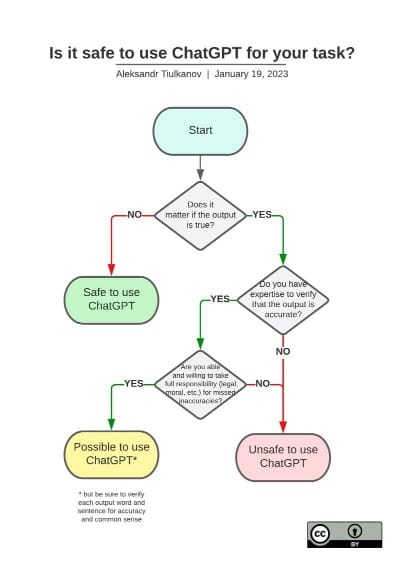The Imitation Game is Still an Imitation
As best I can tell, what is disturbing, aside from the unnaturalness of the avatars, is that the avatars are being treated as if they were real, or at least more real than actors. What news show would bring in an actor to play the character of a dead teen and treat it as newsworthy?
"Sometimes it is the people no one imagines anything of who do the things that no one can imagine."
* Alan Turing (the character written by Graham Moore)
Last week my social media erupted over the interview between Jim Acosta and an AI simulation of Joaquin Oliver, a victim in the Parkland shooting. Between the uncanny valley characteristics of the avatar and the unnatural conversation, my first reaction was disgust.
My social media contacts gave metaphysical grounds about how inappropriate it was to be put words in a dead person's mouth. They used words like "evil" and "demonic," seeing the avatar was some sort of corpse marionette. The trouble for me with that argument is that our society already has physical fakes of dead people and already puts words in their mouths.
Every video I have viewed of Abraham Lincoln has been of a fake Abraham Lincoln. Most of the words that I have heard of him have not been his own. Sometimes they were his own words from multiple contexts, stitched together as if they had been said together. Oftentimes, they were the creation of someone who was not born until at least four score and seven years after Lincoln died.
As far as I have been able to tell, Alan Turing never said the sentence opening the post. The pieces of information I have found, from the style of his writing, to the recognition of his talent from an early age, to the lack of the quotation in Google books prior to the movie, indicate that the sentence was the creation of the writer of The Imitation Game, despite the quotation sites on the internet saying otherwise.
The battle to keep others from putting words in the mouths of the dead was lost long ago. Professional historians do their best to dig into original texts, to clarify the context of what happened, and to describe the past as it actually was, rather than as they would like it to have been. By the time they have the training to be professional historians, however, they have seen enough mythmaking to know that they can push back against it (or not) but cannot prevent it.
As best I can tell, what is disturbing about the AI avatars, aside from appearances that dip into the uncanny valley, is that the avatars are being treated as if they were real, or at least more real than actors. What news show would bring in an actor to improvise the character of a dead teen and treat it as newsworthy? Would a judge say he loved it if the family of a deceased victim hired an actor to play the deceased and to read a script written by the family?
Somewhere in the excitement of the seeing speech and video coming out of a computer, the idea that it's not real has gotten lost. The excitement about how the emulation of the person can look and sound like the person is obscuring that it's not the person. At best, it's a fictionalized version of the person and is less real than an actor pretending to be that person.
